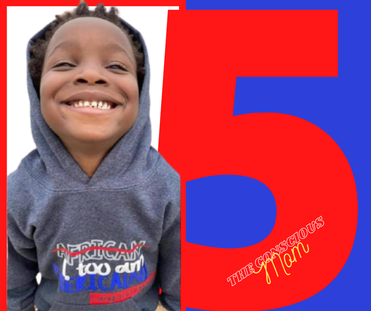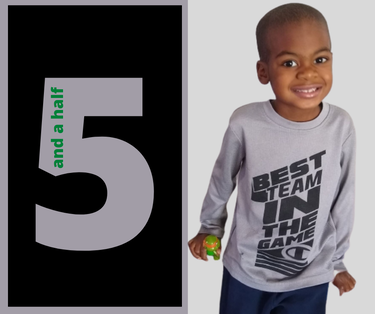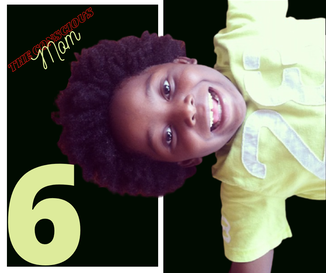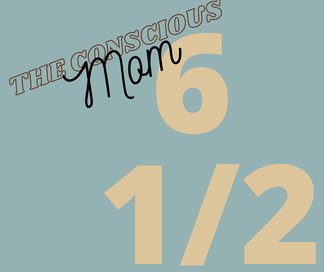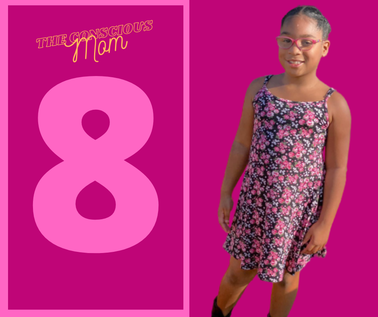Looking Back: |
The Unpredictable Years 18 months AGES- 4 1/2 |
The Dynamic Years
Ages 5 - 8
Please keep in mind as you read the following lists of developmentally appropriate behaviors, that no two children are alike. Some children might exhibit all the age-related characteristics, some might exhibit most, and there are some children who might not exhibit more than one or two.
When using the list below, it is important to also consider your child’s adjusted age if applicable, environmental, and situational factors, the child’s temperament, and if the child is in a period of equilibrium or disequilibrium.
When using the list below, it is important to also consider your child’s adjusted age if applicable, environmental, and situational factors, the child’s temperament, and if the child is in a period of equilibrium or disequilibrium.
Five Years Old: MellowedA 5-year old child usually but not always:
Abilities
|
Five and a half Years Old: AnxiousA 5 1/2 -year old child usually but not always:
Discipline Issues
School/Learning
|
six year old: Self CenteredA 6-year old child usually but not always:
Emotions
Parents
|
Six and a Half Years Old: EnthusiasticA 6 1/2-year old usually but not always:
|
Seven Years Old: MelancholyA 7-year old usually but not always:
|
Eight Years Old: DramaticAn 8-year old usually but not always:
Physical Behavior
Emotional Development
|
Much of the following information is based on the studies by The Gesell Institute of Human Development, with the primary source being Your One Year Old, by Louise Bates Ames, Ph.D. Also included is information from Pick Up Your Socks by Elizabeth Crary. This information Can be found at the centerforparentingeducation.org
Up Next: |
The Wonder Years Ages 9-16 |
